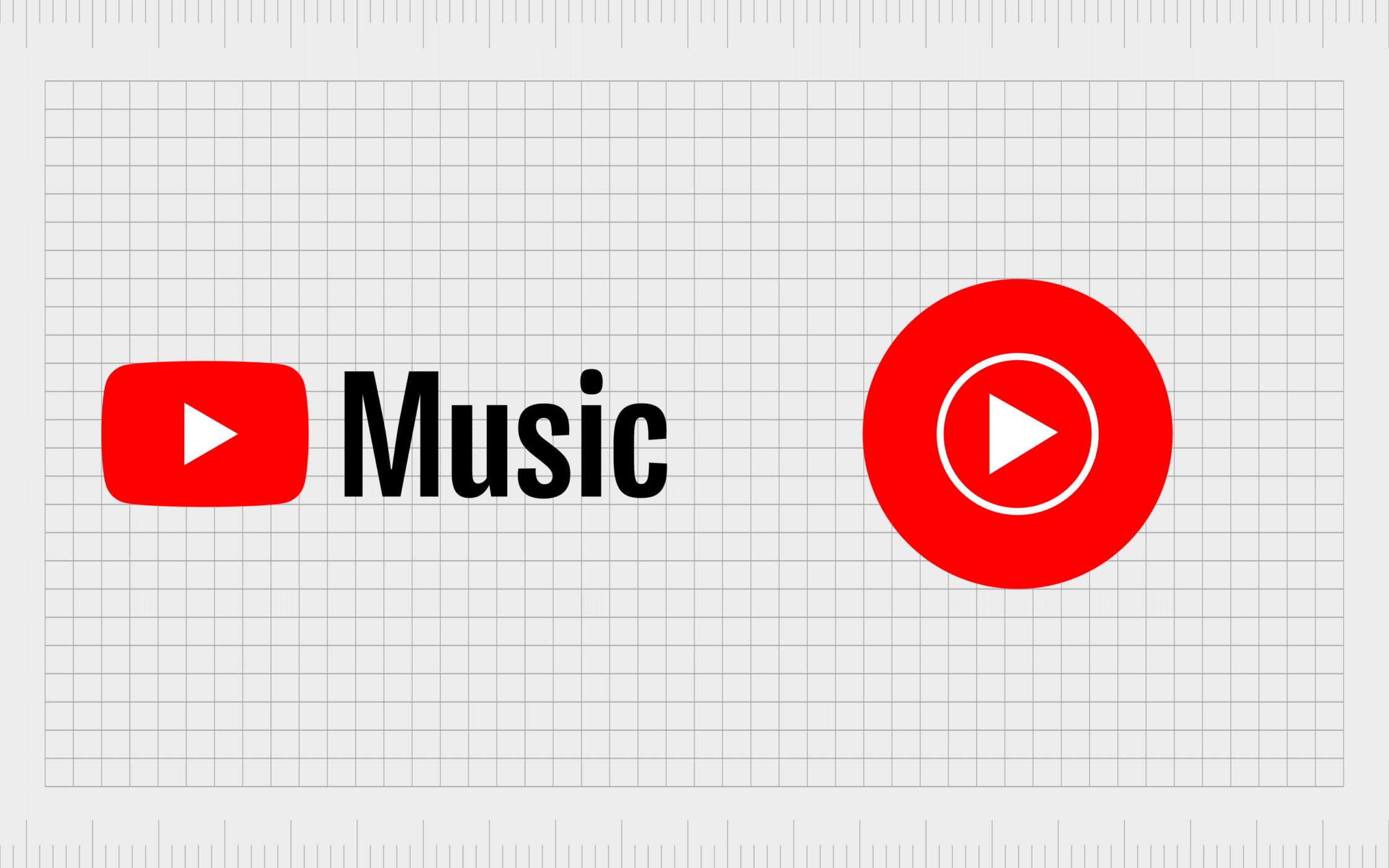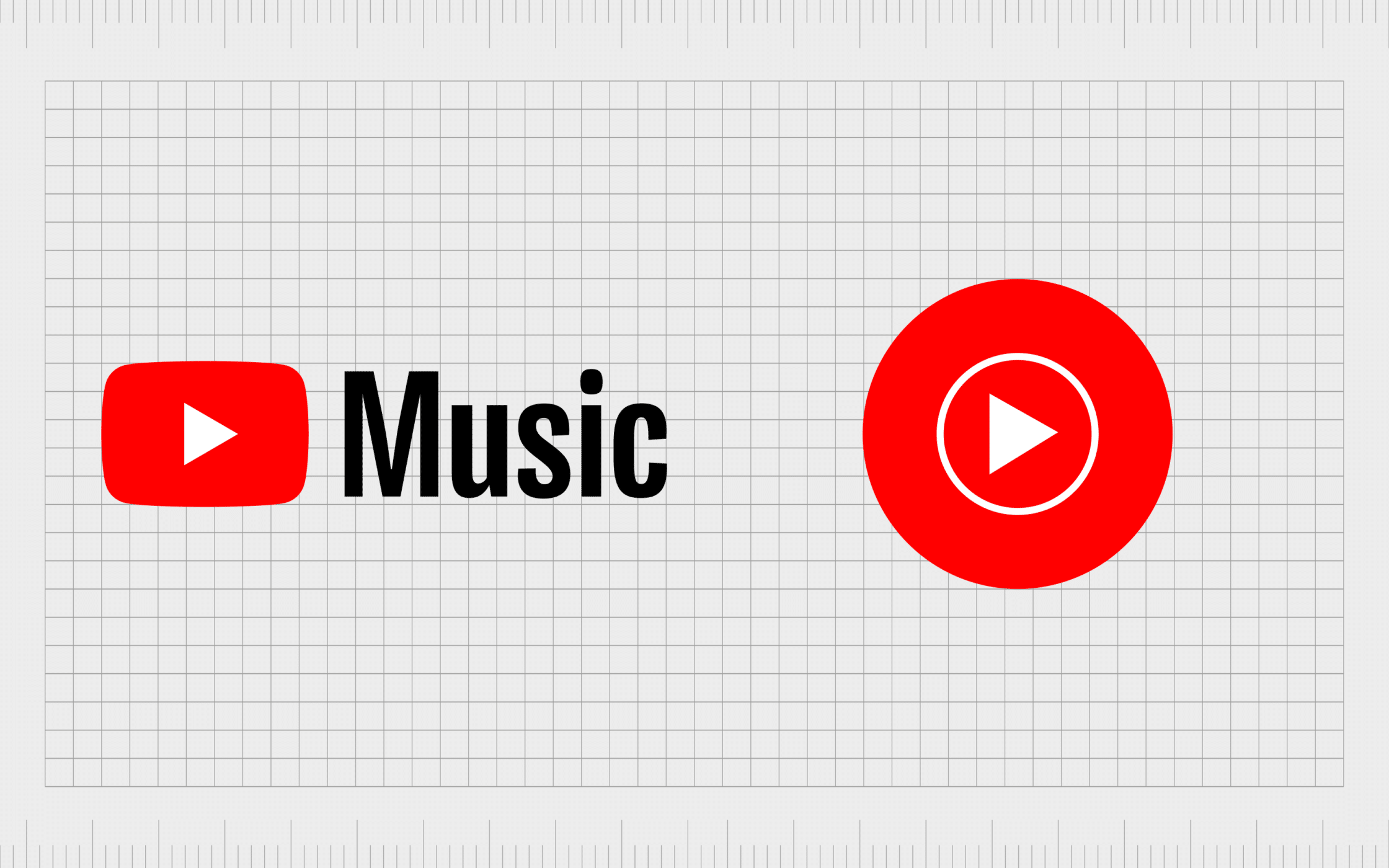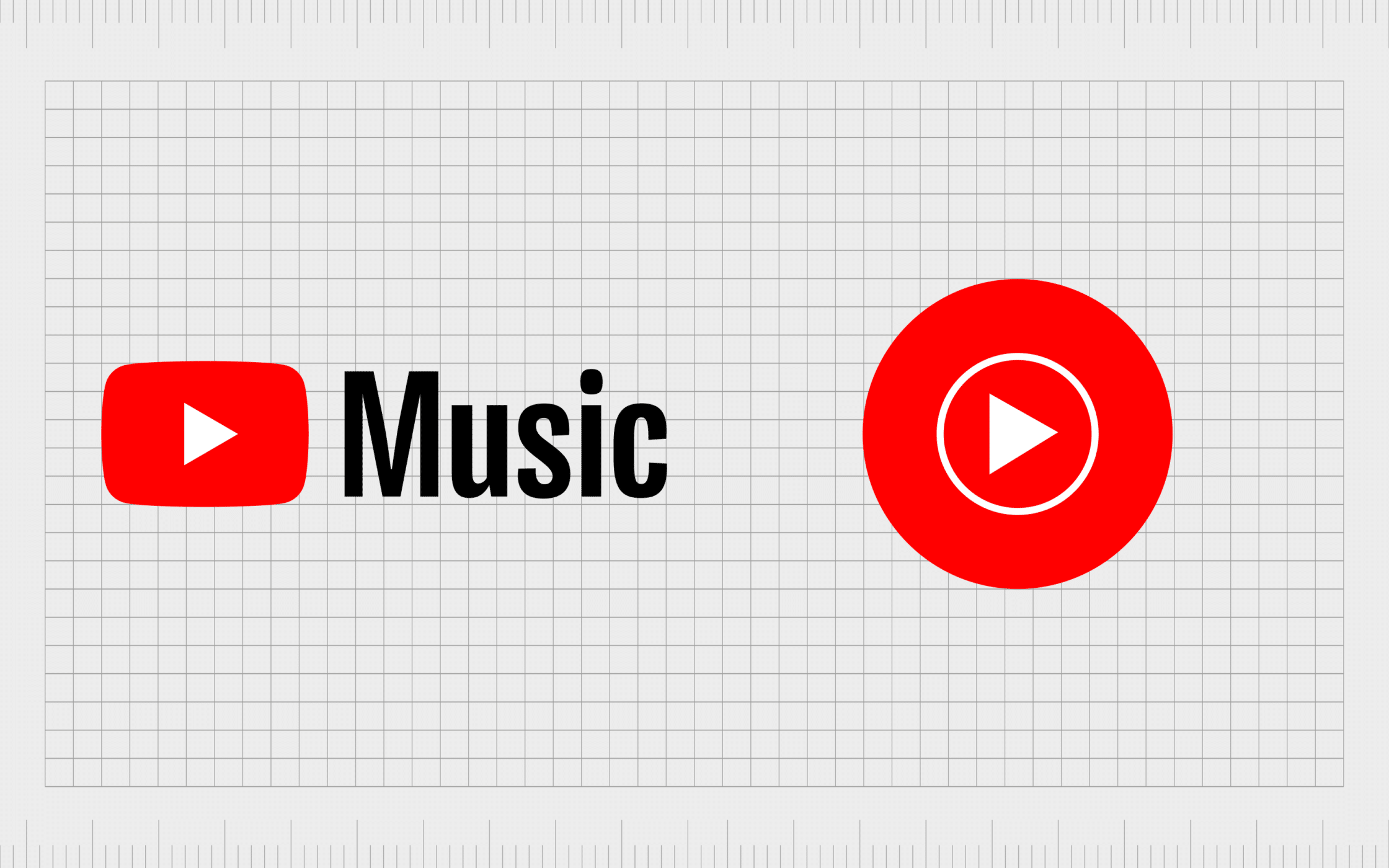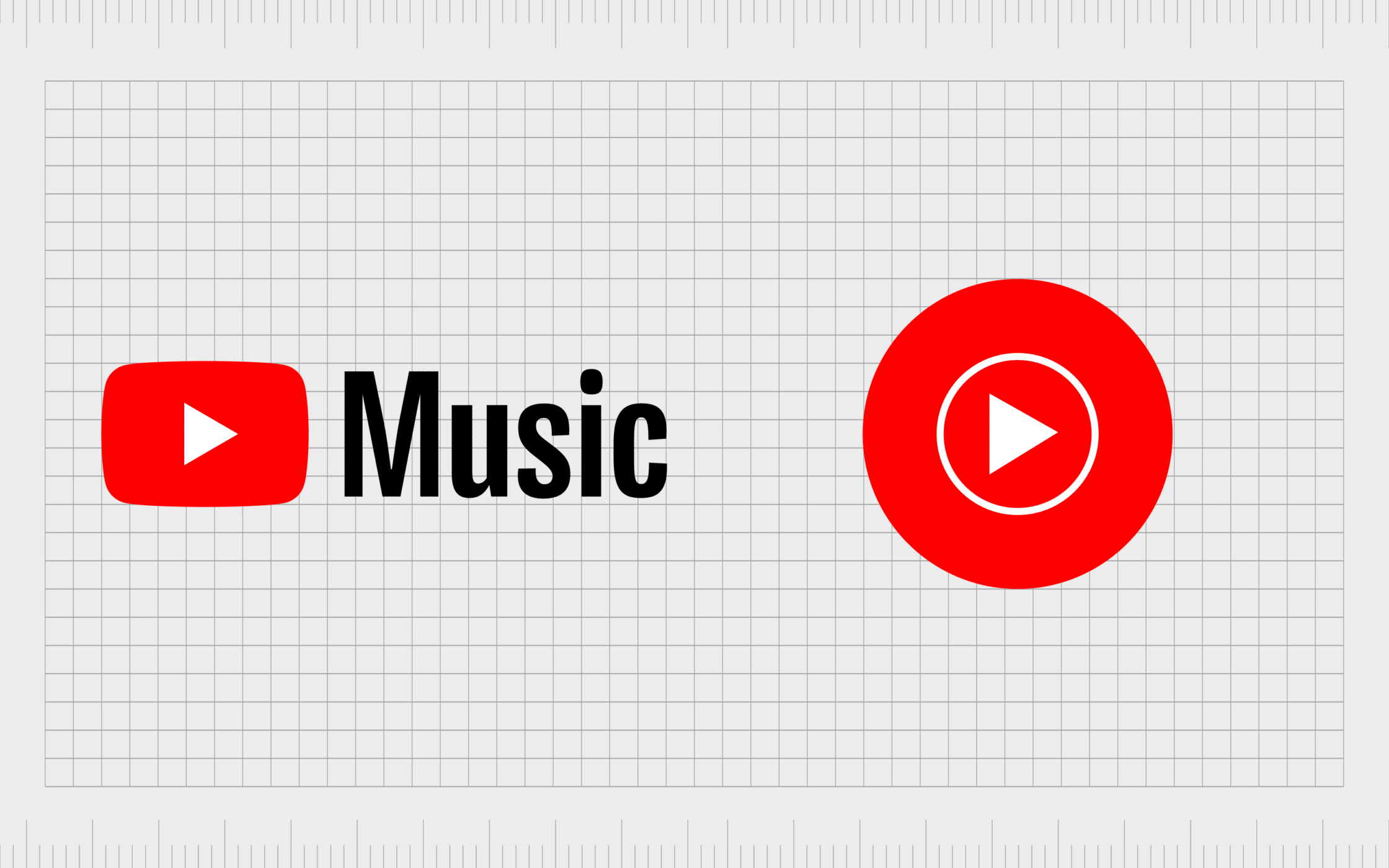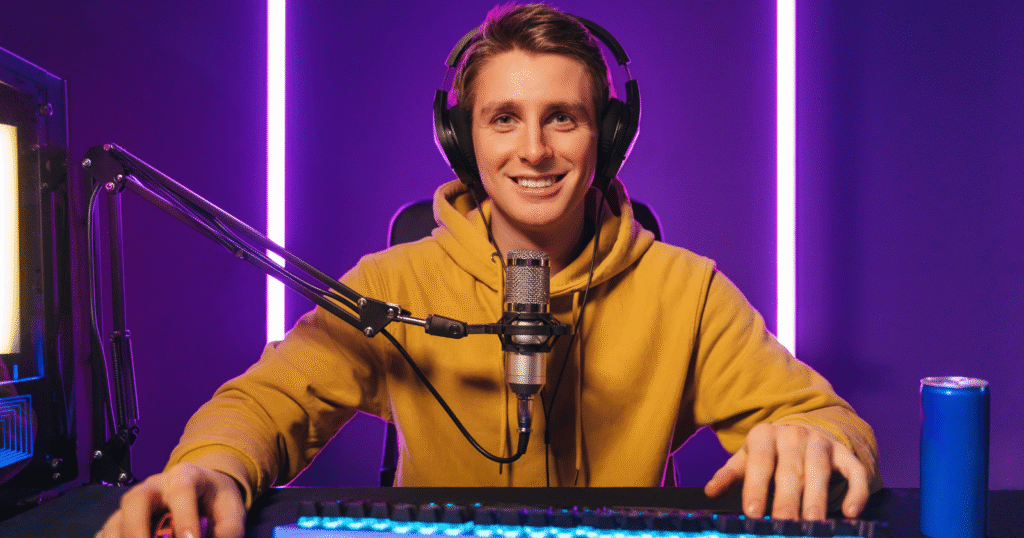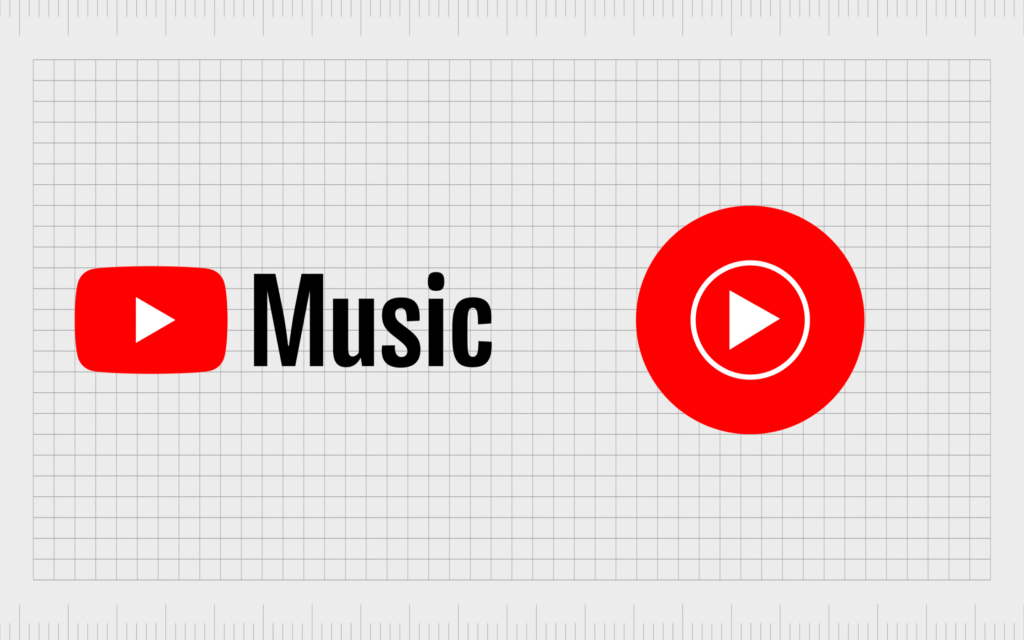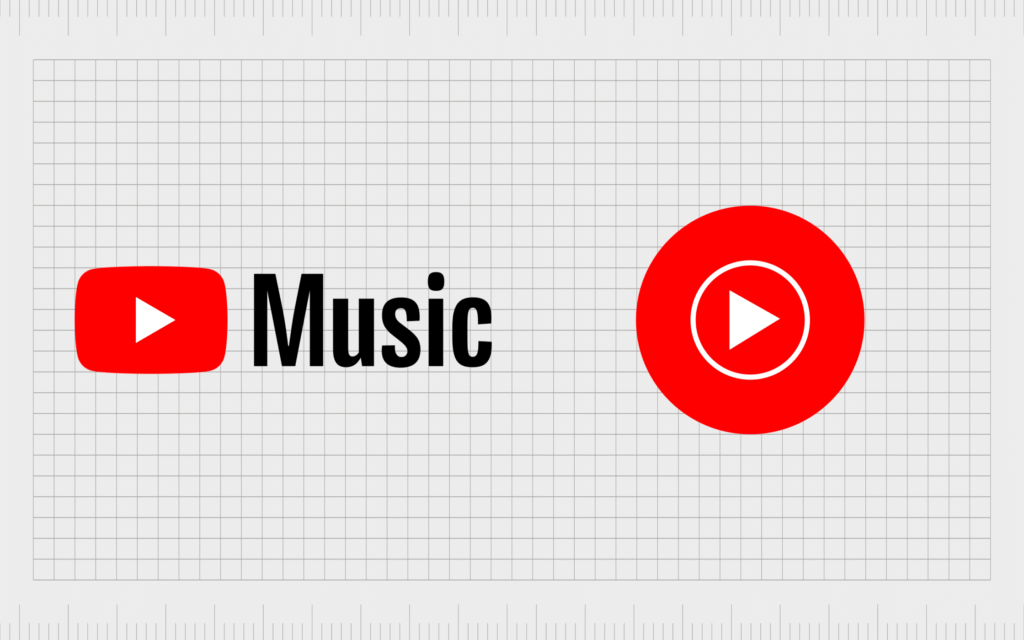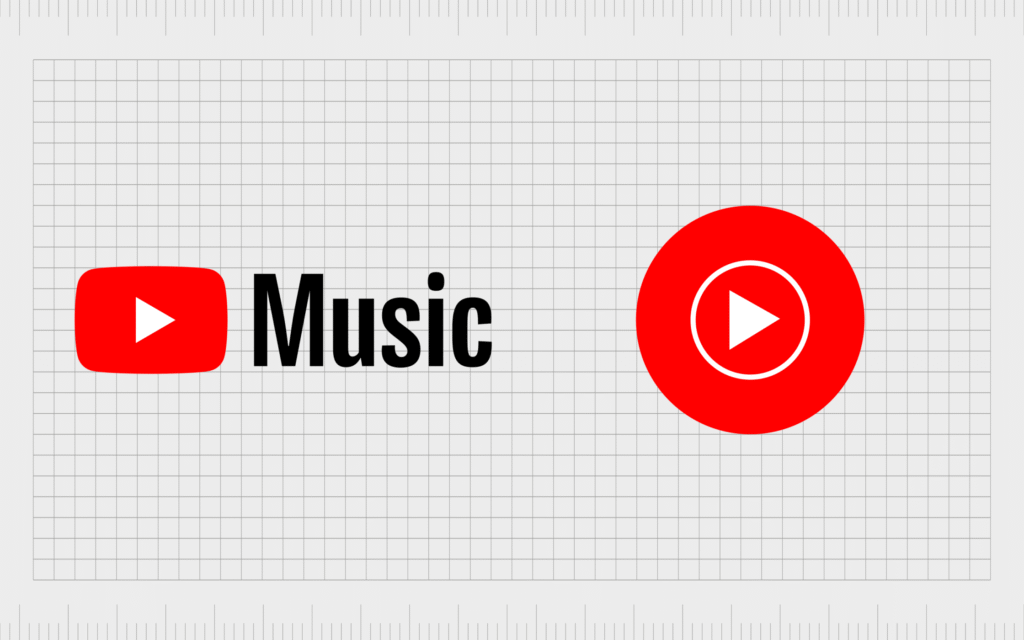The Rise of YouTube Gossip: Drama, Commentary, and the Quest for Views
Introduction
YouTube, a platform once dominated by tutorials, music, and vlogs, has seen the emergence of a unique and often controversial genre: gossip. These channels, dedicated to dissecting the lives and controversies of other YouTubers and influencers, have amassed significant followings, sparking discussions about ethics, privacy, and the nature of online celebrity. This article delves into the world of YouTube gossip, exploring its appeal, its impact, and the key players in this ever-evolving landscape.
What is YouTube Gossip?
YouTube gossip channels focus on reporting, analyzing, and commenting on the personal and professional lives of other content creators. This can range from relatively harmless speculation about relationships to serious allegations of misconduct, plagiarism, or even criminal activity.
-
Content Variety:
- Reaction Videos: Reacting to dramas unfolding on other channels.
- "Exposed" Videos: Presenting evidence (real or perceived) of wrongdoing.
- Speculative Commentary: Offering opinions and theories about YouTuber behavior.
- Recaps and Summaries: Condensing complex dramas into digestible formats.
-
Motivations:
- Entertainment: Providing viewers with a source of entertainment and drama.
- Community Building: Fostering a sense of community among viewers who share similar interests and opinions.
- Financial Gain: Generating revenue through ad revenue, sponsorships, and merchandise.
- Activism/Accountability: Some creators see themselves as holding influencers accountable for their actions.
The Appeal of YouTube Gossip
Several factors contribute to the popularity of YouTube gossip:
- Parasocial Relationships: Viewers often feel a connection to YouTubers they follow, making their lives and dramas seem personally relevant.
- Drama as Entertainment: Human beings are naturally drawn to drama and conflict. YouTube gossip provides a low-stakes way to engage with these emotions.
- Accessibility: YouTube is free and readily accessible to billions of people around the world.
- Community and Discussion: Gossip channels often foster active comment sections and online communities where viewers can share their opinions and theories.
- Voyeurism: The desire to peek into the lives of others is a powerful motivator. YouTube gossip offers a curated, often sensationalized, glimpse behind the curtain.
The Ethical Gray Areas
While some argue that YouTube gossip serves as a form of accountability, it also raises serious ethical concerns:
- Privacy Violations: Sharing personal information without consent, including private messages, addresses, or financial details.
- Cyberbullying and Harassment: Encouraging viewers to target individuals with hate speech or harassment.
- Misinformation and Rumors: Spreading false or unverified information, leading to reputational damage.
- Exploitation: Profiting from the misfortune or mistakes of others.
- Mental Health Impact: The constant scrutiny and drama can take a toll on the mental health of both the subjects and the creators of gossip content.
Key Players in the YouTube Gossip Scene
The YouTube gossip landscape is constantly evolving, but some creators have established themselves as prominent figures:
- Tea Channels: Channels like "Drama Alert" (Keemstar) and "Here for the Tea" ( spill sesh) are known for breaking news and reporting on controversies.
- Commentary Channels: Channels like "h3h3Productions" and "Philip DeFranco" offer more in-depth analysis and commentary on YouTube culture and controversies.
- Exposé Channels: Channels like "iNabber" and "SomeOrdinaryGamers" focus on uncovering scandals and exposing wrongdoing.
Example: Drama Alert, hosted by Keemstar, has faced criticism for its sensationalist reporting style and alleged promotion of cyberbullying. However, it remains one of the most popular channels in the genre, with millions of subscribers and views.
The Impact of YouTube Gossip
The impact of YouTube gossip can be significant and far-reaching:
- Reputational Damage: Allegations and rumors can damage the reputation and career of YouTubers and influencers.
- Mental Health Issues: The stress and anxiety caused by online scrutiny can lead to mental health problems such as depression and anxiety.
- Legal Consequences: Defamation lawsuits and other legal actions can arise from false or misleading information.
- Changes in YouTube Culture: The rise of gossip channels has influenced the way YouTubers interact with each other and their audiences, leading to increased caution and self-censorship.
- Increased Awareness of Accountability: Some argue that gossip channels have helped to hold influencers accountable for their actions and promote ethical behavior.
Data and Statistics
- According to Social Blade, top YouTube gossip channels can generate hundreds of thousands of dollars in ad revenue each month.
- A study by Pew Research Center found that a significant percentage of young adults get their news and information from YouTube, highlighting the platform’s influence on public opinion.
- The number of YouTube channels dedicated to gossip and commentary has grown exponentially in recent years, indicating a growing demand for this type of content.
Regulation and Responsibility
YouTube has community guidelines that prohibit harassment, hate speech, and other harmful content. However, enforcing these guidelines can be challenging, and many critics argue that the platform does not do enough to protect its users.
- Content Creators: Have a responsibility to verify information, avoid spreading rumors, and treat their subjects with respect.
- YouTube: Needs to strengthen its enforcement of community guidelines and provide better support for victims of online harassment.
- Viewers: Should be critical of the information they consume and avoid participating in cyberbullying or harassment.
Conclusion
YouTube gossip is a complex and multifaceted phenomenon. While it can be entertaining and even serve as a form of accountability, it also raises serious ethical concerns about privacy, cyberbullying, and the spread of misinformation. As the genre continues to evolve, it is important for content creators, YouTube, and viewers to act responsibly and promote a more ethical and respectful online environment.



